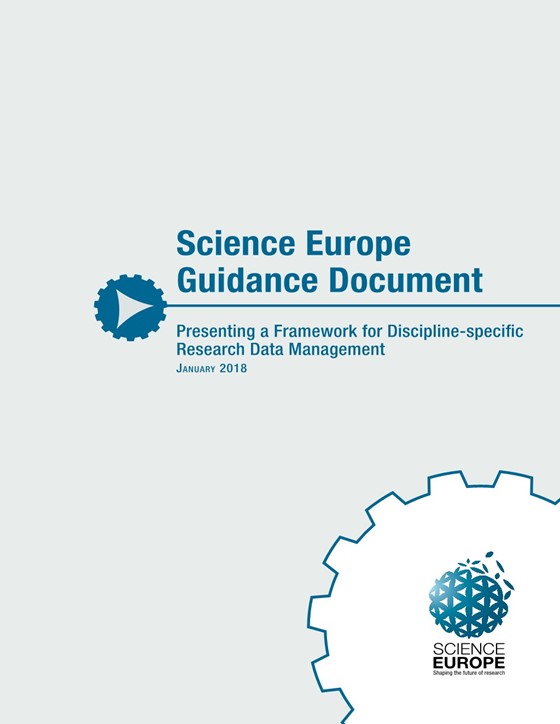Member-only content is available on this page. Please log in to view this content.
18.01.2018
- Download
-
Share on
Guidance Document Presenting a Framework for Discipline-specific Research Data Management
Research organisations and funders increasingly ask researchers to create Data Management Plans for their work and proposals. A lack of standardisation means that these can be time-consuming to create and difficult to compare and evaluate. Science Europe presents a framework for the creation of domain-specific protocols that can be used as standardised templates, reducing the administrative burden on both researchers, research organisations, and funders.
Download resource




